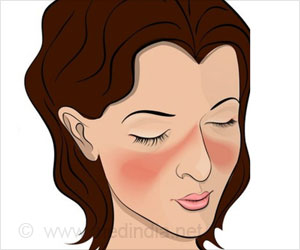Dairy products naturally contain trans fats and labeling these could mislead consumers giving milk and cheese a bad name.
Dairy products naturally contain trans fats and labeling these could mislead consumers giving milk and cheese a bad name, according to an expert on the health effects of fats.
Dutch Professor Ronald Mensink and his colleague proved in 1990 that artificial trans fats raise bad cholesterol levels. However he said, the world lacked information about the health impact of naturally occurring trans fats. Mensink said that a move to introduce labels in Europe displaying the levels of trans fat in foods should distinguish between the artificial and naturally occurring forms of the fat.He said that otherwise, the image of products in which trans fats occur naturally, such as milk, cheese and the meat from ruminants, could be damaged.
Mensink said, "The risk is that if you label a dairy product as having a substantial amount of trans fat -- and that can be 4 percent of total fat for example -- then people would think that dairy (products) and milk is bad and this is a misconception. Dairy is not simply fat and simply trans fat, it is a rich source of protein and calcium."
Most trans fats are created industrially following the conversion of liquid oils into solid fats such as shortening and hard margarine to increase the shelf life of foods.
These fats have been found to raise the amount of LDL cholesterol in the blood and decrease levels of HDL, good cholesterol, heightening the risk of coronary heart disease.
It has been made mandatory in Canada and the United States that labels list the amount of artificial trans fat content in food products in order to encourage healthier eating habits and get producers to cut the levels of artificial trans fats in foods.
Advertisement
However Mensink said that the debate in Europe also concerned milk and dairy products. He said that it was important to discuss exactly how the trans fat content would be expressed on the label to avoid misleading consumers.
Advertisement
Mensink is part of a team that is studying the effect of natural trans fatty acid on human health and comparing it with artificial trans fats in a European project, funded by a consortium of companies including Nestle.
Source-Medindia
NLA











